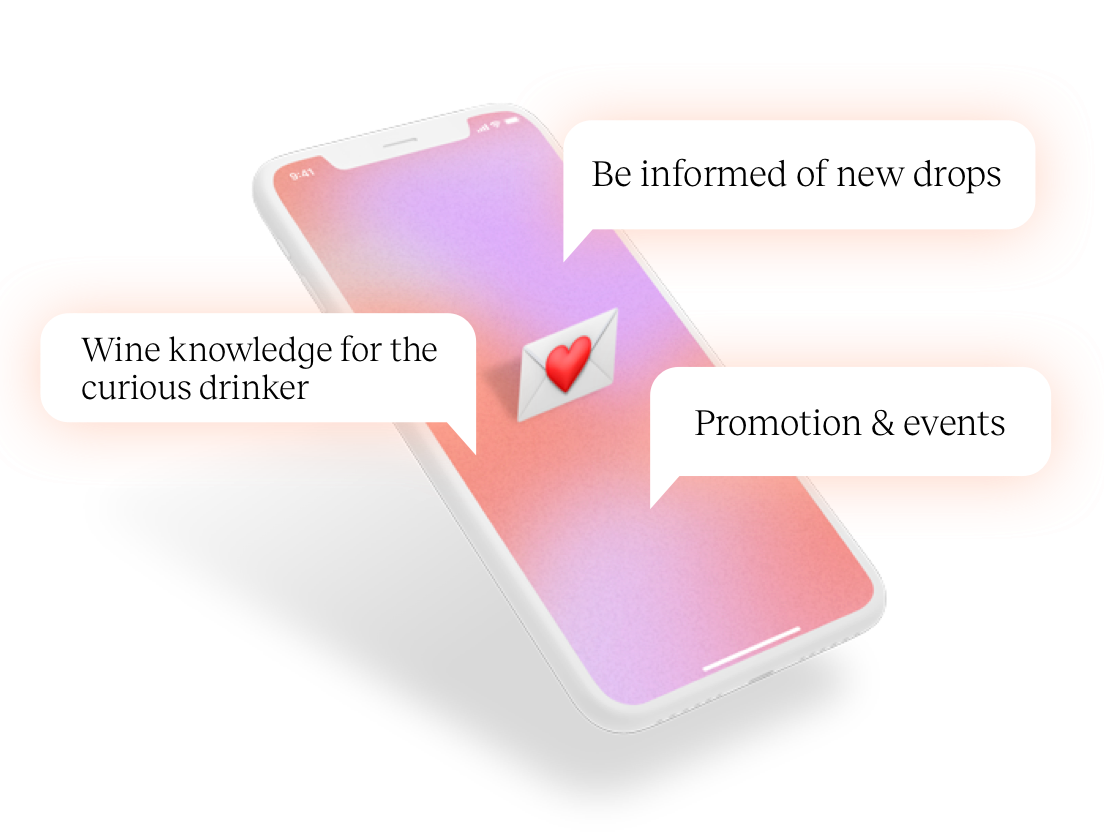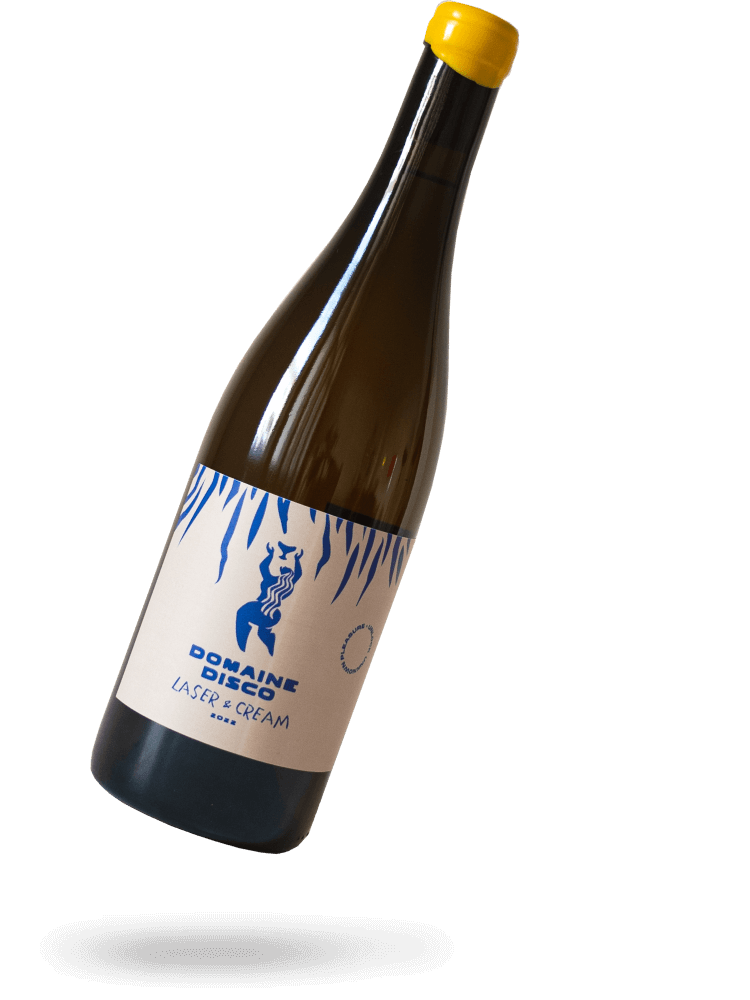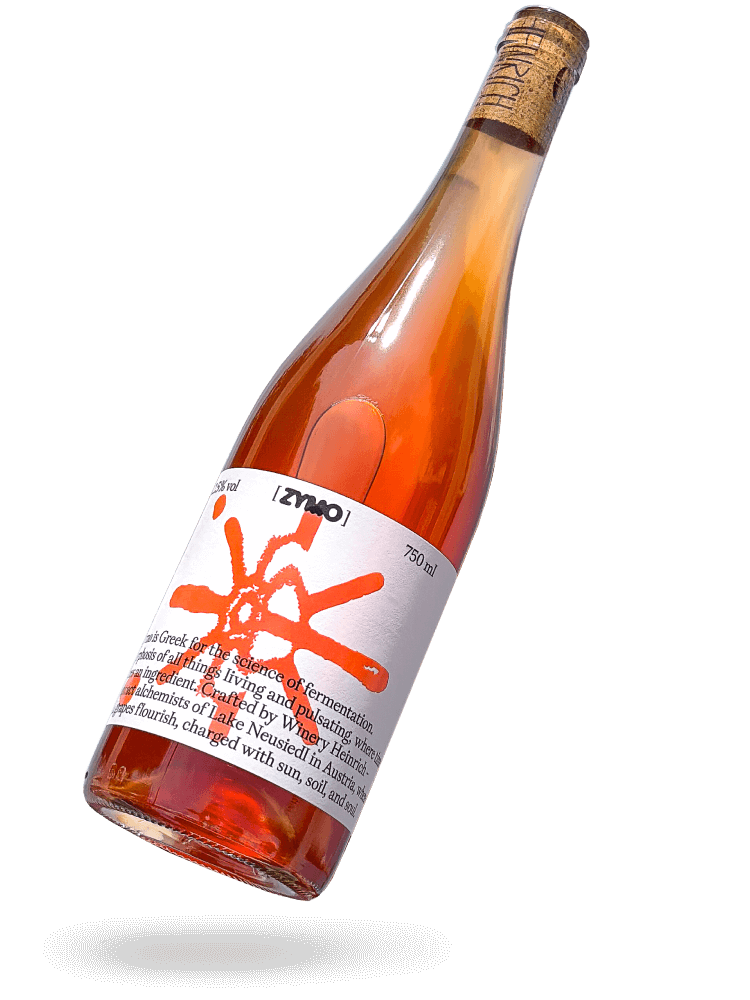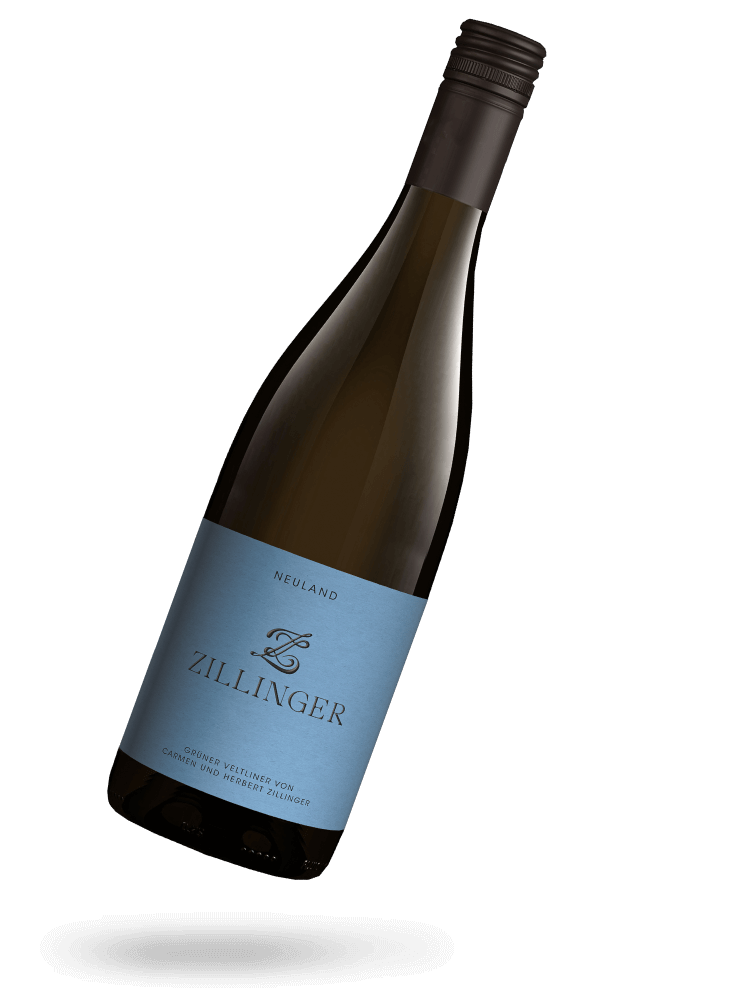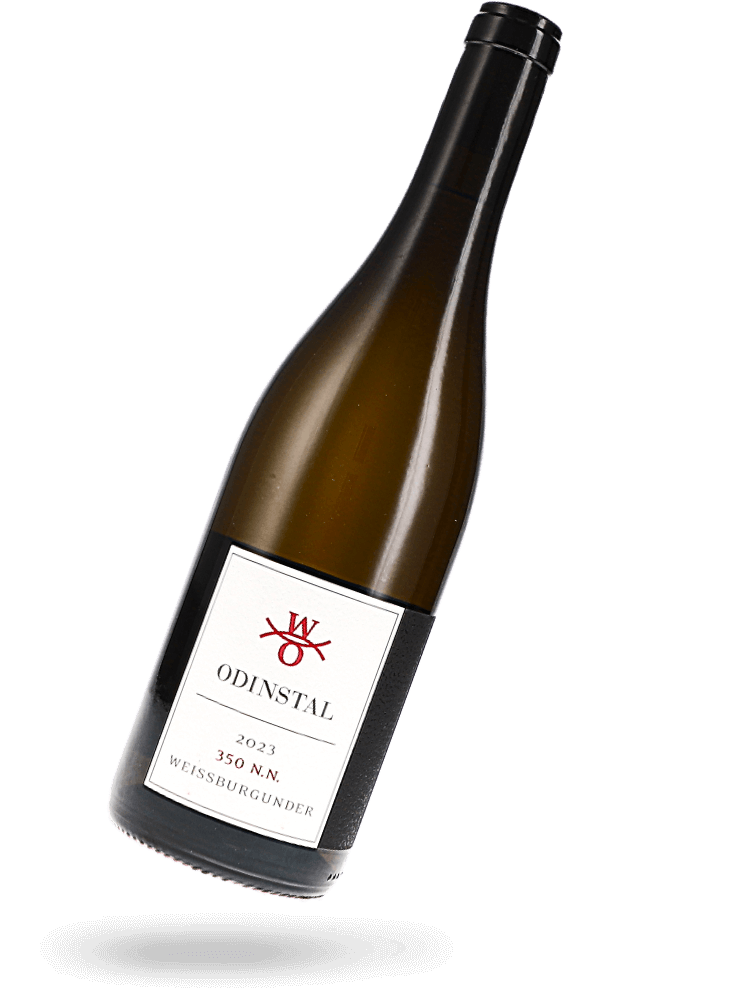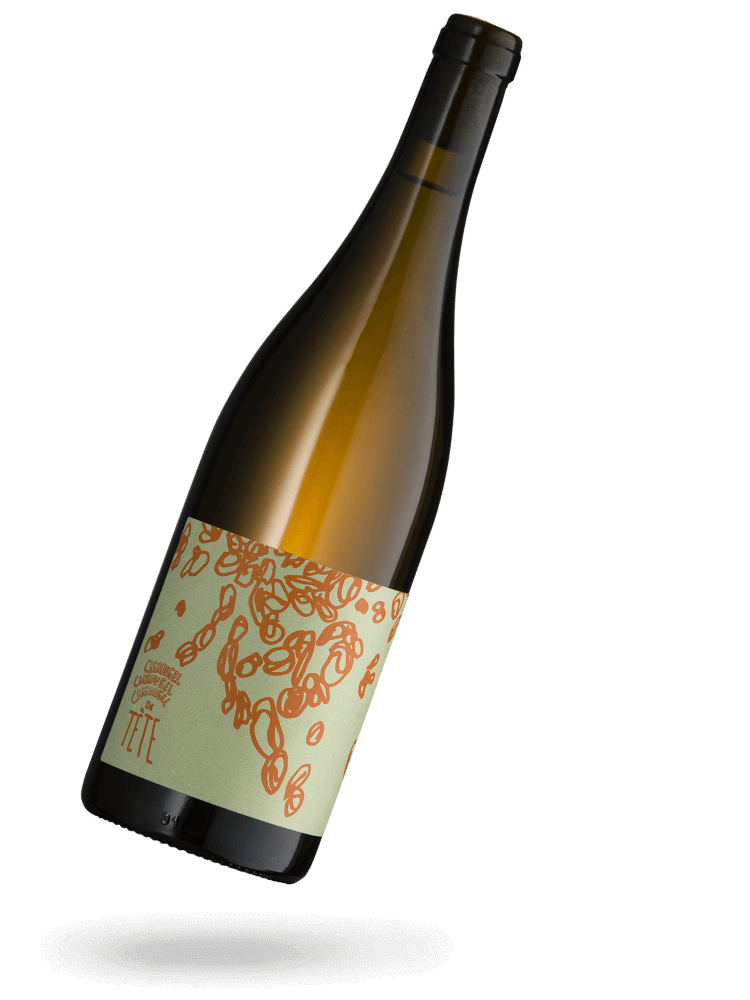They can taste wild, surprising and incredibly alive, can sometimes be cloudy and cannot be forced into any typical taste corset. So what is natural wine? They are handmade wines in their purest and most individual form.
Snackable wine knowledge for savvy enjoyment.
Who else would you trust with your most intimate wine questions? Exactly! The one and only Franz Weninger! Luckily we have his number, so we call him from time to time to ask him about exciting and complex topics in the world of wine.
During our trip to Hungary in September, we got to know an up-and-coming winemaker: Peter Nagyváradi. We were immediately impressed by his story and his natural wines which radiate a sinful hedonism.
Germany, a treasure trove for wine lovers worldwide, harbours a remarkable wealth of traditions, cultures and different terroirs in its 13 wine-growing regions with around 103,000 hectares of vineyards and 16,000 winegrowers.
The use of sulphites (SO2) is now widely used in the food industry. Basically, there are no wines without sulphites, as these are produced naturally during the fermentation process. All information about wine without sulphites can be found here.
White wine, the elixir for epicureans, is not only known for its delicate flavour, but also for its comparatively low calorie balance.
The Loire, France's longest river at 1000 kilometres, is known for its outstanding wine-growing region and its beautiful landscape with its castles. The white wines range from sweet to dry, the red wines from refreshing to deep.
Winegrowers such as Mark Angeli and Nicolas Joly have made the Loire famous for organic and biodynamic cultivation.
Terroir is a French term that describes the complex influence of origin, climate, soil, culture and grape varieties on the unique character of a wine. The origin of the concept of terroir dates back to the 1920s and is closely linked to protected designations of origin. Find out all about terroir in this article!
Natural wines have been stirring up the international wine scene for some time now and, with their authentic and honest character, have won themselves a permanent place in Frankfurt's pub scene.
Sulphur is used for many things and the natural wine movement uses it to ideologically distinguish itself from conventional wine. The addition of sulphur dioxide = SO2 = sulphite basically serves the purpose of preservation.
Wine tastings are a fascinating journey through different tastes and aromas that lie hidden in every bottle of natural wine. Tasting natural wine is a different experience, with a different aesthetic and approach. You have to learn to appreciate the wine while it is still alive.











